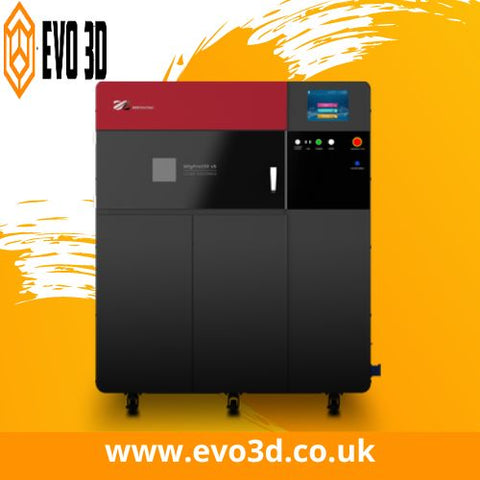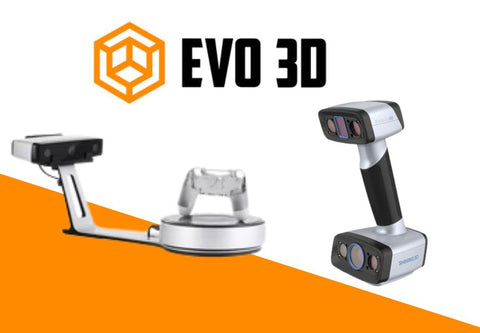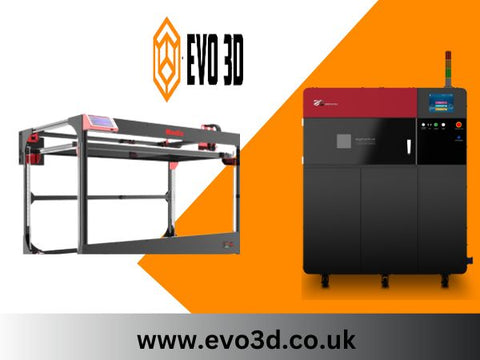Sometimes different things can aid better learning. 3D printers can create a digital 3D world that encourages learning, sharing, planning, design, and teamwork.
It is not wrong to say that 3D printing makes classrooms fun and engaging. Mixing technology with classroom learning is a great way to understand how students think and process information.

Many industries like healthcare, aerospace, engineering, manufacturing, and entertainment are gaining control over the 3D printing space with different investments. Many educational institutions are incorporating 3D printing into their curricula to explore the benefits of 3D printing. Imagine when a future scientist or engineer can hold the actual model of their research in their hands. With a 3D model, they can improvise, improve, bend, and change the way they want.
How Does 3D Printing Work?
A 3D CAD (Computer Aided Design) file creates a physical, three-dimensional object, that is scanned by professional 3D scanners and processed by a piece of software known as a "slicer." The 3D printer takes different combinations of raw materials, like plastic, metal, and rubber. And it builds the object by adding layers one by one until it is finished as per the design of the original CAD file.It can be tailored to the specific type of 3D printer. For example, 3D printers in education can bring objects into the real world for research and analysis which benefits students. Essentially, it is a tool that helps students conceptualise and visualise their design for the final product. Many designers, engineers, and artists have already explored the world of 3D printing; if you too want to start now, first find out about some of the benefits here.
Here are Some of the Benefits of Choosing 3D Printing in Education.
1. Learning - An affordable 3D printer opens up unlimited learning opportunities for students. It provides students with opportunities to experiment with ideas and explore their creativity. Things become easier when students can visualise and improve their understanding of their projects. 3D printers offer new challenges to students in an affordable and economical manner.
2. Problem-solving skills - When students work with different printers and professional 3D scanners, they learn things differently and solve problems differently. That is an art that teaches students to improvise with different things and try something beyond their normal studies. Learning how to troubleshoot and solve 3D printer issues can help students learn to practise persistence and endurance to deal with difficult times. That way, students can also resolve their problems. 3D printing helps students explore and grow their imaginations and promotes innovation. That way, students can create their unique 3D projects and solve their problems.

3. Complements the curriculum - No matter how vast the curriculum, 3D printing can help students and teachers work in the best possible way. 3D printing can actually help students become more active and engaged in different activities. 3D-technology-enabled classrooms help participants execute their projects in the best possible way.
4. Source of knowledge - Because most 3D printers are pre-assembled and plug-and-play, it is a fun and cutting-edge technology for students to learn. Students can learn and fail while learning to improve their projects. Students can learn to improve and try again in order to improve while trying different methods. That builds their confidence and keeps their morale high.

5. Entertainment - 3D printing offers total student involvement from start to finish until the actual creation of the model. That creates a better understanding of the design process. When students are involved in the actual process, they explore details in reality. 3D printing indeed opens up the possibilities for learning while keeping children entertained. 3D printing can open up a whole new world of opportunity for them.

